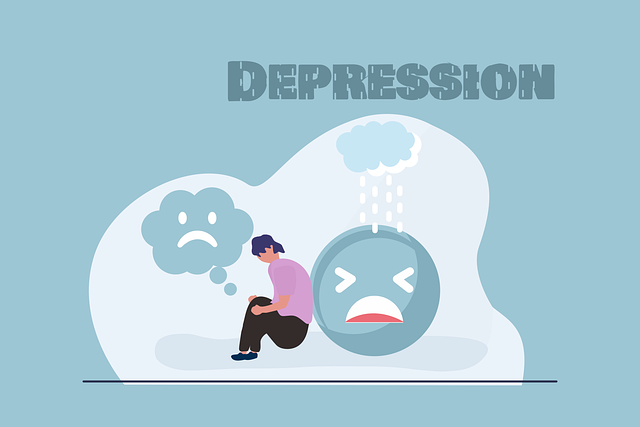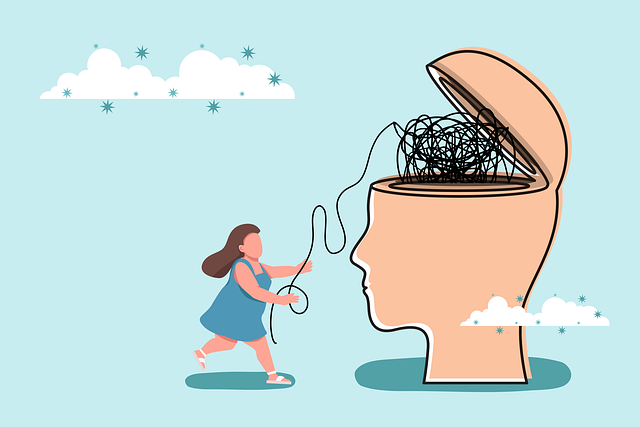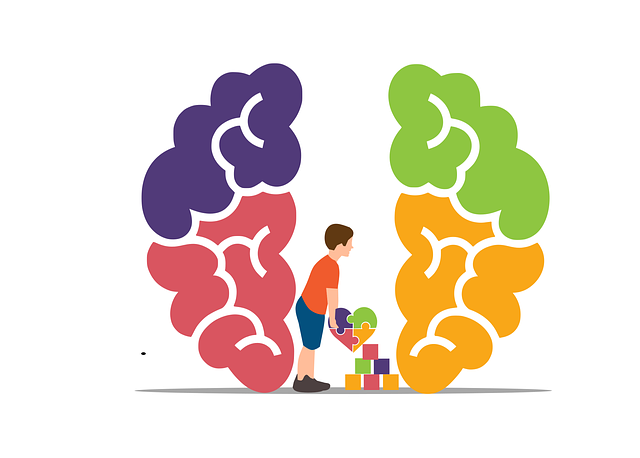Media portrayal significantly influences public perception of mental health, with negative stereotypes exacerbating stigma. Organizations like Northglenn Terminal Illness Therapy (NTIT) advocate for authentic storytelling and open conversations to challenge myths and promote mental wellness. NTIT's innovative programs in Northglenn, Colorado, include specialized therapy for severe mental illnesses, burnout prevention for healthcare providers, and a podcast series that fosters local community dialogue about mental health. By collaborating with media outlets and mental health professionals, NTIT ensures accurate and empathetic representation, countering stigma and fostering understanding through responsible storytelling.
Mental illness representation in media significantly shapes public perception and understanding of mental health. This article delves into the impact of media portrayals, highlighting how they can either perpetuate stigma or foster empathy. We explore successful initiatives like Northglenn Terminal Illness Therapy, a local model addressing mental health challenges through community engagement. Key strategies for accurate and empathetic media representation are discussed, emphasizing collaboration between media outlets, mental health professionals, and communities to drive positive change.
- Understanding the Impact of Media Portrayal on Mental Health Perception
- Northglenn Terminal Illness Therapy: A Local Approach to Addressing Stigma
- Strategies for Accurate and Empathetic Mental Illness Representation in Media
- Fostering Positive Change: Collaboration Between Media, Professionals, and Communities
Understanding the Impact of Media Portrayal on Mental Health Perception

Media portrayal plays a significant role in shaping public perception about mental health. The way mental illnesses are depicted in films, television shows, and news media can influence how society understands and treats individuals struggling with these conditions. Negative or stereotypical representations can lead to stigma, discrimination, and misinformed judgments, hindering access to care and support for those affected. Conversely, accurate and empathetic portrayals can foster understanding, encourage help-seeking behaviors, and promote early intervention.
At Northglenn Terminal Illness Therapy, we recognize the power of media in either perpetuating or challenging mental health myths. By advocating for authentic and diverse storytelling, we aim to contribute to a culture that nurtures mental wellness. Through engaging in open conversations about inner strength development and implementing effective conflict resolution techniques, media can become a catalyst for positive change, guiding viewers towards healthier perspectives and improved support systems.
Northglenn Terminal Illness Therapy: A Local Approach to Addressing Stigma

In the heart of Northglenn, Colorado, a unique initiative is challenging the way mental illness is portrayed in media and society. The Northglenn Terminal Illness Therapy (NTIT) program takes a grassroots approach to combat stigma and provide support for individuals facing severe mental health challenges. By offering specialized therapy services tailored to the specific needs of those with terminal illnesses, NTIT serves as a beacon of hope in the local community.
This innovative therapy model goes beyond traditional treatment by integrating burnout prevention strategies specifically designed for healthcare providers. With a focus on both patient care and provider well-being, NTIT recognizes that supporting mental wellness is essential for effective crisis intervention guidance. Their Mental Wellness Podcast Series Production further amplifies this message, offering valuable insights and stories that promote open dialogues about mental health in the community.
Strategies for Accurate and Empathetic Mental Illness Representation in Media

Media has a significant impact on shaping societal perceptions of mental illness. To foster understanding and reduce stigma, accurate and empathetic representation is crucial. This involves more than just showcasing characters with labels; it’s about portraying the complexities and nuances of lived experiences. By incorporating real-life stories and collaborating with mental health experts, media creators can ensure authenticity. Using respectful language, avoiding stereotypes, and depicting recovery as a diverse journey are key strategies.
Furthermore, highlighting resilience and hope through compelling narratives can challenge negative assumptions. Organizations like Northglenn Terminal Illness Therapy play a vital role in this process by providing resources for accurate depiction. Stress Management Workshops and Community Outreach Program Implementations can empower both creators and audiences, fostering open conversations about mental health. Adopting Mind Over Matter principles encourages media to prioritize empathetic storytelling, ultimately contributing to a more supportive societal narrative.
Fostering Positive Change: Collaboration Between Media, Professionals, and Communities

Collaboration between media outlets, mental health professionals, and communities is a powerful tool for fostering positive change in how we perceive and represent mental illness. By joining forces, these entities can create a more accurate and compassionate narrative that challenges stigma and promotes understanding. Media has a significant influence on public perception, so producing content with input from experts like Northglenn Terminal Illness Therapy ensures stories are told responsibly.
This collaboration extends beyond film and television; it includes initiatives like the Mental Wellness Podcast Series Production, where diverse voices contribute to discussions on mental health. Such efforts can help reduce the stigma surrounding mental illness by showcasing real-life experiences, providing stress reduction methods, and highlighting successful recovery stories. Through these collaborative endeavors, communities can be empowered to support one another while advocating for better access to care and services.
Mental illness representation in media significantly impacts public perception and understanding. By adopting accurate, empathetic, and diverse strategies, we can challenge harmful stereotypes. Initiatives like Northglenn Terminal Illness Therapy demonstrate local efforts to reduce stigma through community engagement and professional collaboration. Ultimately, fostering positive change requires a concerted approach involving media, mental health professionals, and communities to promote inclusive representations that reflect the reality of mental illness.














